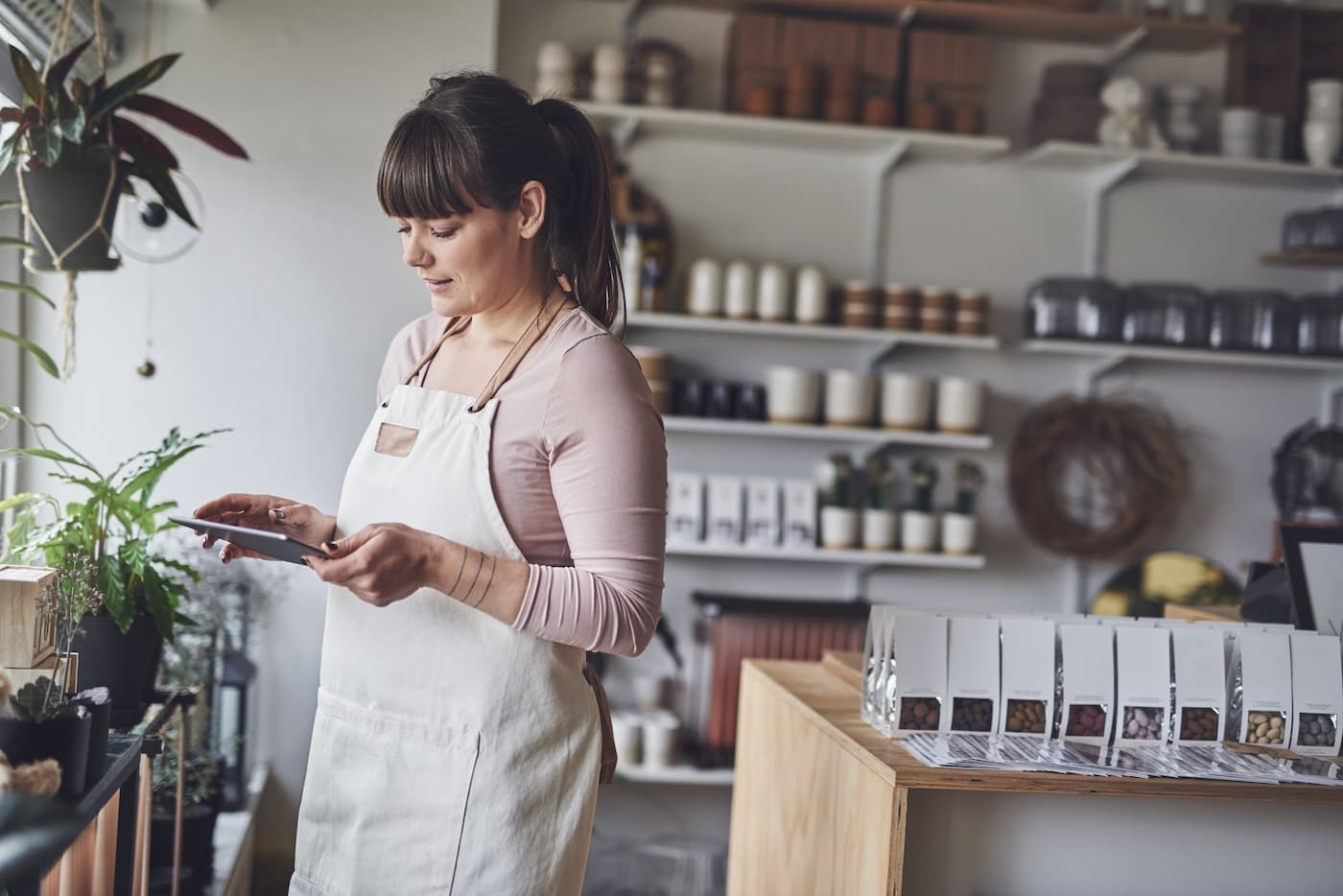How Clover POS supports multi-location businesses
Editorial Team
6 min read
Clover POS has been a game-changer for small businesses. But, it’s also ideal if you’re growing your business and opening new stores–whether you have two locations or 15.
Read on to learn how these merchants used Clover to grow their business, keep track of all their stores, and evolve with the changing times.
Compile multi-location data with Clover’s reporting and sales feature
Jasmine Dietrich of Dietrich Espresso has a lot to stay on top of with 15 different locations. But as a Clover merchant since 2016, she’s got it down to a science. Dietrich particularly likes the reporting and sales feature. She says, “I love being able to log onto my phone or look online and find out exactly how many items were sold, what the sales were for the day, who sold what, and what the average is for each barista. All of those things are very, very important in tracking who’s doing better in sales and what items are selling well in each stand. It’s really helped us improve our business because of all the reports we can run, which has been great.”
Dietrich also uses the reporting feature to get her baristas excited about up-selling. “We run weekly competitions for our staff right now with different items on our menu. Clover has made it super easy for us to run those reports per location at the end of the week, so that we can see who won the competition.”
Brandy Tipper and her family also lean on sales reporting and insights for their furniture refurbishing business, The Hidden Gem. The Tippers manage a multi-vendor marketplace that provides booths and payment processing for over 80 different vendors across two locations. Clear sales reporting and insights make it possible.
Tipper says, “We keep things organized by giving each of our vendors their own category in the system. We put each of their inventory items in their category, and then I can go in and get an item sales report, which breaks everything down.”
Armed with that data, Tipper can help her vendors understand what’s working and what’s not–even on a week-by-week basis.
“I print out a mid-month report for each vendor, and I export every one of their spreadsheets, and email it to them around the 15th of the month. That gives them an idea of what sold within the first two weeks of the month and helps them plan their restocks a little bit better,” Tipper says. “Then at the end of the month, I print out the full inventory sales report and I email it to them along with a breakdown of all the payments and that kind of thing, and then I can pay them accordingly.”
READ: 6 things to consider before opening a second location for your business
Stay connected with Virtual Terminal
Maureen Highland of Alphabet Soup leans on Virtual Terminal to manage her retail locations from a separate office. She says, “It’s been very valuable and time saving, especially as we returned from the pandemic shutdowns. Our offices didn’t necessarily return in-person as soon as our stores did, so it was great being able to have our staff remotely tap into the system.”
Highland is also a fan of the reporting feature, particularly for its level of detail. She says, “We’ve been tracking what categories of inventory we’re selling at different points of the season, year, month, and even day-to-day. That data has also helped us determine our operating hours for the stores. Coming back after COVID, we all had limited schedules we could keep. Looking at that minute-by-minute transaction history gave us insight into our customers’ shopping timetables. So, we could really do a study on what was best for us.”
Stay on top of stocking across locations
When business started booming for the Curious Plantaholic, owners Jennifer and Brandt DeLorenzo decided to open another outlet and build an online store to widen their reach.
But juggling the different inventory between stores proved to be tricky. So, the DeLorenzos turned to Clover’s partner apps SKU IQ and WooCommerce to create real-time stock numbers. This allowed them to be nimble and accurate with their plant supply.
“Clover works really well using the SKU IQ app in your marketplace with our WooCommerce website,” DeLorenzo says. “We’re able to sell our plants, whether we have 20 or just one, both in-store—at either store—and on our website, and accurately display our inventory that’s available. And then that inventory is deducted not only from our website, but also from Clover. And we all have an accurate count of what plants we have in both stores, even if sales are made in one of those three locations. I feel that we’re ahead of pretty much any other plant store in our area because we have the ability to do that with Clover.”
Evolve with flexibility and resilience
Italian restaurant From the Boot has evolved more than once. Originally a carryout restaurant, it then became a full-service restaurant in 2002. When now-owner Bob Devine came onboard in 2006, he expanded it further, opening two new locations, each with unique concepts–one had a wood-burning oven and the other had a wine cellar with two full-service bars.
Then the pandemic hit. Switching to Clover, along with its partner app Menufy, increased efficiency in the move to all take-out. Devine says, “The look and functionality of the terminal was a huge improvement over our previous payments processing system. There was an immediate positive impact on our business—the Clover Menufy app helped with processing payment and took pressure off our telephone lines.”
Clover also simplified their move to in-house delivery, which inspired one more business idea:
“We’ve come up with a TV dinner concept. We’ve gotten three-compartment carryout containers, and we introduced the concept as a dinner special one night,” says Devine. “We’re getting the facility approved by the FDA and Pennsylvania Department of Agriculture, because we see this evolving into a manufacturing and packaging concept. And we’re using Clover and Menufy to support this new initiative. So, when guests open up Menufy, it pops up as the night’s special. You can order the special online for a fair price, and we’re hoping to produce them daily for the local markets.”
Contact a Clover Business Consultant today to learn more about how Clover can support your business as it grows.
CONTACT SALESRelated Posts
The Walk In and Neon Croissant
How to identify and help prevent fraud in your business
Popular Topics
Stay in touch
Sign up and learn more about Clover.
Thank you for your subscription!
More posts about starting a small business
eBook





